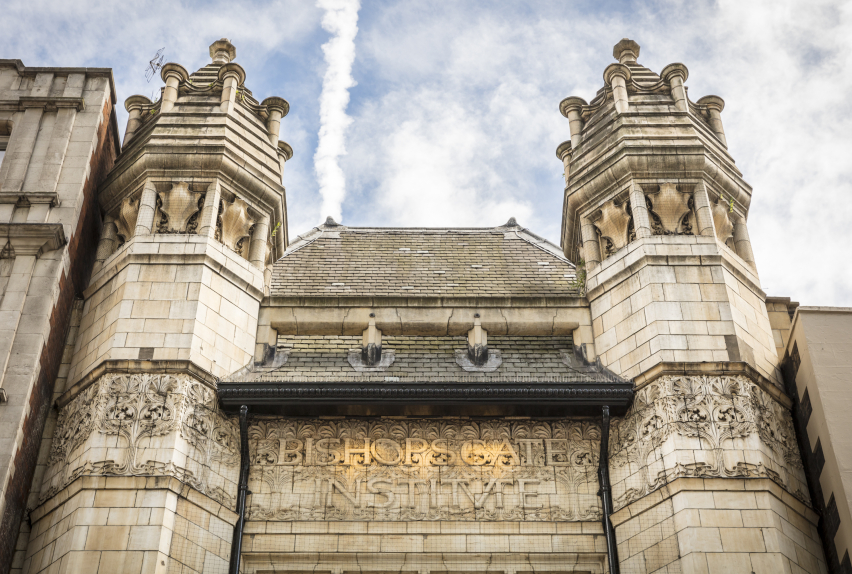Minute Book of the General Council of the International Workingmen's Association
Described as "the best collection on the Victorian labour movement in the world", the archive of George Howell (1833-1910) comprises one of the most valuable research resources on nineteenth century liberal and radical politics. After coming to prominence in the nine-hours dispute in the building trades from 1859 to 1862, Howell went on to be involved in most of the important radical movements of the nineteenth century, including the London Trades Council, the Reform League, the International Workingmen's Association and a fledgling Trades Union Congress before finally serving as 'Lib-Lab' MP for North-East Bethnal Green between 1885 and 1895.
Always operating primarily as an administrator and bureaucrat, Howell amassed a huge archive of material relating to his activities and the organisations with which he was involved and donated it all to the Institute in 1905 and 1910. This includes his own library of around 6,000 books and pamphlets on early labour and trade union history, archives of the Reform League and the early Trades Union Congress and, most famously, the minute book of the First International Workingmen’s Association (1866-1869) whose history Howell hoped to write.
The International Workingmen's Association (IWA), often called the First International (1864–1876), was an international organisation which aimed at uniting a variety of different left-wing socialist, communist and anarchist groups and trade unions that were based on the working class and class struggle. It was founded in 1864 in a workmen's meeting held in St. Martin's Hall, London. Its first congress was held in 1866 in Geneva. In 1872, it split in two over conflicts between statist and anarchist factions and dissolved in 1876. Howell himself had already resigned over a policy disagreement about the Association's support for land nationalisation and Fenian terrorism but kept hold of the minute book which he donated to the Institute in 1910.
The minute book has had an interesting history at the Institute. After requests for a transcript of the item from the Marx-Engels Institute in Moscow in the early 1920s, the Governors of the Institute were so terrified that this seditious tome might fall into the wrong hands that it kept it locked in the vault of the Midland Bank in Bishopsgate. It stayed there 1941 when Ivan Maisky, the Russian ambassador in London, made a personal appeal to Winston Churchill, who pulled strings to get it released. Maisky was allowed to send his wife and two secretaries to transcribe the entire volume. These days its revolutionary potential is considered less threatening and a digitised version is available here for the first time.
Howell also kept his own personal notebook on the meetings of the International, recording his thoughts, opinions and items he considered most important. This is also included in the Archive and can be viewed below.
